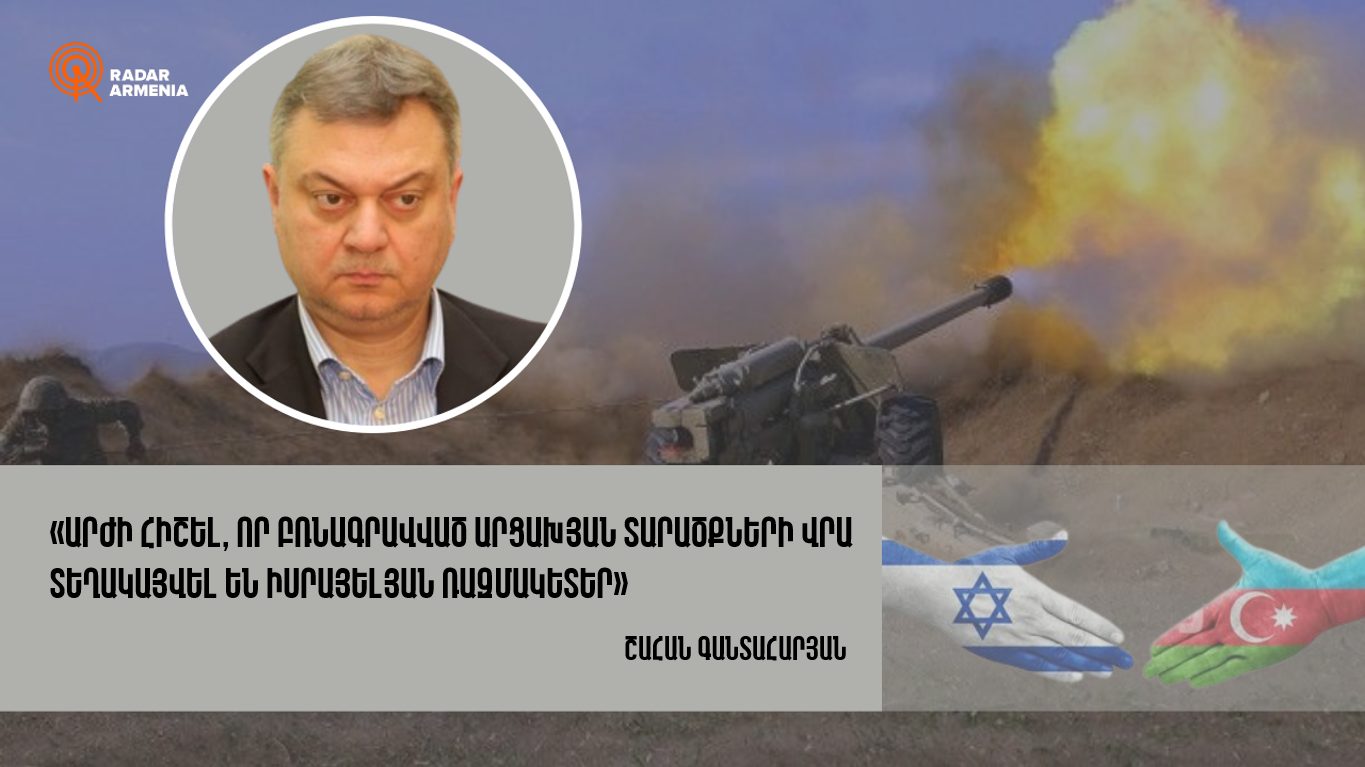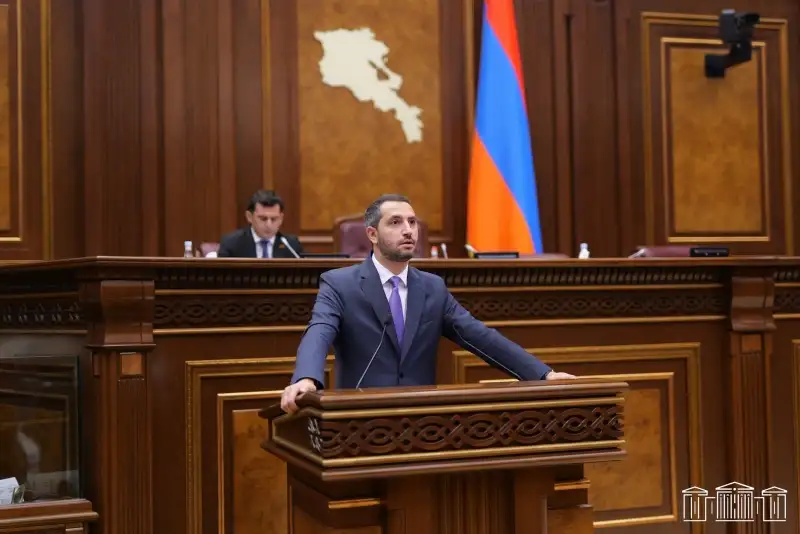Radar Armenia's interlocutor is international expert Shahan Gantaharyan.
- The most remarkable event of the past week was the assassination of the leader of Hamas in Iran. How will you interpret what happened? In your opinion, why did that incident happen in Iran, that is, after the inauguration of the newly elected president, when the leader of the Hamas political bureau who came to the event was killed?
- Israel announced that it would respond firmly, but limitedly, to the rocket attack on Golan. Those who followed Dipashar perceived that the rocket attack in the southern suburbs of Beirut, during which a member of the Hezbollah military council was killed, was Israel's declared response. Suddenly, there was the Tehran attack, just a day apart. I think Netanyahu failed to fulfill the tasks he announced. The war in Gaza is not over; Hamas has not been destroyed, and Israeli troops have not been deployed in Gaza. At the same time, anti-government non-Israeli ferments are heating up, which may lead to the resignation of the Prime Minister, perhaps after a ceasefire or a pacification of the situation. Netanyahu is trying to open exit windows. These actions should also be considered under these circumstances.
- What consequences can the incident have? How will Iran react if the events escalate into military operations?
- Of course, there will be counterattacks. The counterattack-counterattack chain process will continue until the parties agree on the ceasefire points. Israel is being attacked in a four-way format: from Gaza, southern Lebanon, the Red Sea, and Iraq. I think the agreement will be a package deal. Tehran has control over four points. The shocks will continue. Political agendas can be seen in the distance: "two states" and Lebanon-Israel land demarcation.
- In this context, I would also like to refer to the shelling of Beirut. Military operations are not fading away; on the contrary, they are gradually gaining new momentum.
- The shelling of the southern suburbs of Beirut can be said to have changed the rules of the war game. There were strikes outside the south of the zone before. This time, however, it was the murder of one of the leading figures of Hezbollah, which, according to statements, will have a retaliatory blow. However, military operations will continue in the southern zone with inevitable interruptions. With all this, I do not think the war will gain a large-scale regional capacity. "Military negotiations" are going on with proxies, direct attacks on territories somewhere, in a hybrid form and with drones, to reach first a ceasefire and then the start of political negotiations.
- What consequences can these events have on our region and the existing problems here?
- After Tehran's attack, Israel reconciled that the missile was not launched from Iranian territory. This suggests that the territory of another country was used. Maybe borderline. Here, one should think that Israel was involved in the Artsakh war on the side of Azerbaijan and placed military bases on the confiscated territories of Artsakh. To this day, the emergency conditions of Iranian President Raisi are not clear either. It is worth remembering that the former president of Iran was traveling from Azerbaijan to Tabriz, during which the helicopter was destroyed.
Tehran will find out where the rocket that killed the leader of Hamas was fired from. No matter how the phenomena persist, Azerbaijan is a state deepening its strategic cooperation with Israel, which is the main threat to Iran.
Arman Galoyan


















